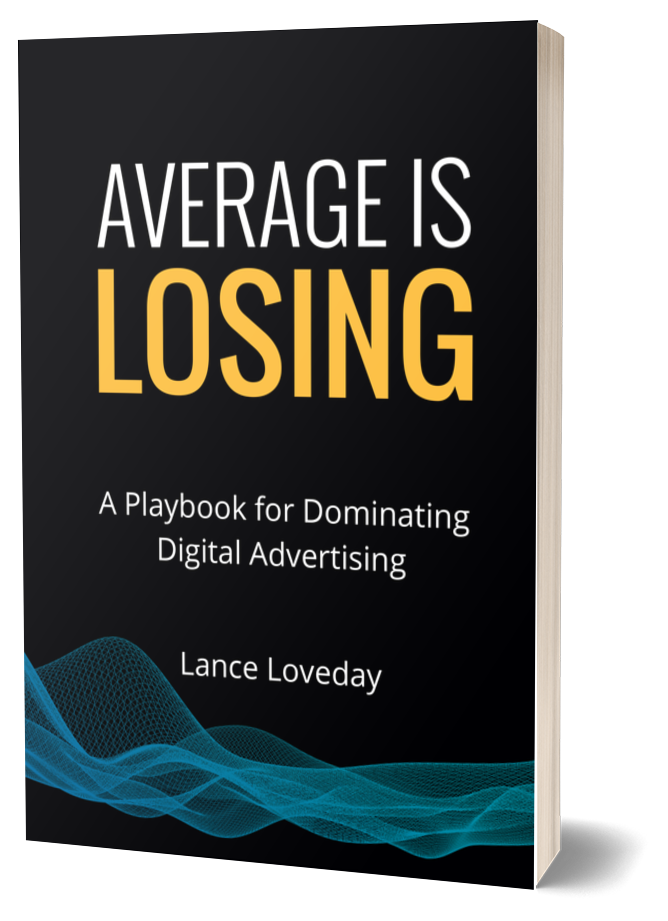Ah, the perennial dilemma—should I bid on brand terms?
After 20 years in the SEM business, we’re still asked this question by clients and prospects alike.
While you would think there would be a solid answer by now, our customers still want to know whether it’s worth the hassle. And we understand their curiosity:
Why bother spending budget on branded terms when I’m ranked number one organically? I don’t have any competitors, won’t I get traffic anyway? Won’t my paid search ads cannibalize my organic traffic? Is it truly incremental traffic?
These are legitimate questions, especially as high-growth brands see an increase in their market share when search volume on brand terms and spend increases.
Yet, our answer is always the same. You should bid on your brand terms.
If you’re seeking to improve the effectiveness of your marketing investment, it’s in your best interest to bid on branded search terms.
Our research concludes, “no.”
Running paid search ads off of brand terms is cost-effective. Recently, we performed an incrementality test to see how much traffic and purchases were truly incremental when bidding on brand terms versus running organic search alone. No competitors were present, so it was certainly understandable why the client was curious.
Using Google Search Console (linked with Google Ads) and Adobe Analytics, we measured traffic and purchases for brand terms when paid search was running and turned off.
The results? When paid and organic were both running, we saw tremendous lift:

Tailored messaging grabs your audience’s attention
It goes without saying that paid ads have much more control than organic search results. Paid ads can more easily feature promotions, main benefits, and attention-grabbing messaging. In addition, paid ads typically direct users to higher converting landing pages whereas organic listings typically direct to a site’s home page.
Of the searchers who intend to buy, 65% will click on a paid ad vs an organic result. When those same users are pushed through an organic result, they often find themselves either on an advertiser’s home page or elsewhere on the site. With a paid ad, the post-click experience can be tailored for an optimal conversion experience.
Trust is a major contributor to users clicking any search result. Given that 77% of users can distinguish between the paid and organic ads, controlling the top spots in both groups builds credibility which then results in a lift in overall traffic. Without this reinforcement, and especially if a competitor appears on top, trust in the search results tends to falter.
Finally, even though you don’t see competitors when you search, are you sure they aren’t there? We often see competitors lurking in places that make it difficult to see. For example, one competitor was only showing up on our client’s mobile results. Another was showing up only for select cities and a third was only showing up during off-hours. So even if you aren’t seeing competitors on your brand terms now, odds are they’re showing up somewhere and stealing valuable traffic from you.
This certainly won’t be our last test determining the impact of running paid ads on brand terms. But each time, the results are conclusive—it pays to bid on your brand terms. So, while it may be painful to look at climbing costs of your brand terms, rest assured it’s money well spent.
My new book, “Average is Losing” is finally here! I created this playbook to help savvy advertisers close the gap between winning and run-of-the-mill paid advertising campaigns.
It’s filled to the brim with the latest strategies, tactics and tips our Closed Loop experts use to help our clients seek exponential growth.
Are you ready to rise above average campaign performance? Start your business on the path to PPC domination today!
– Lance Loveday
